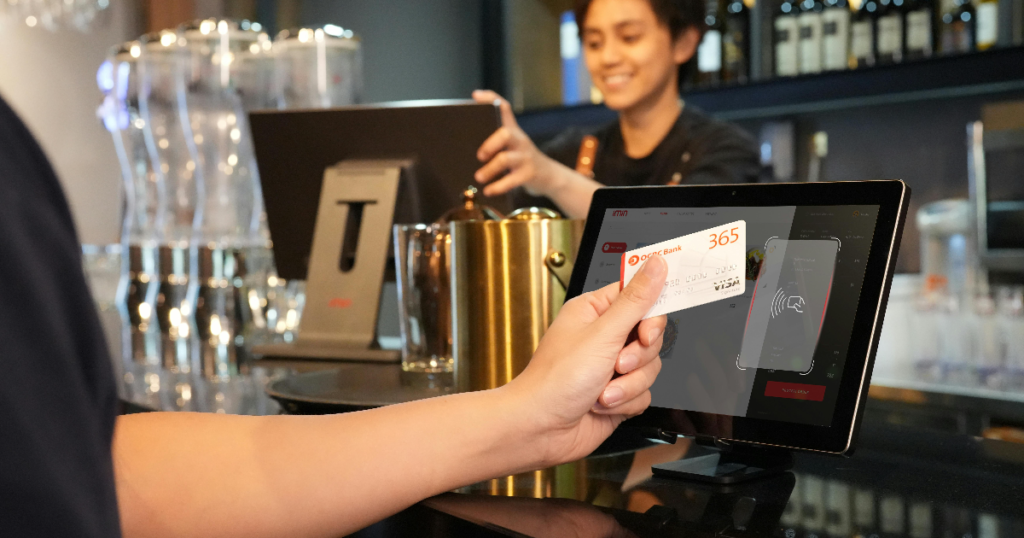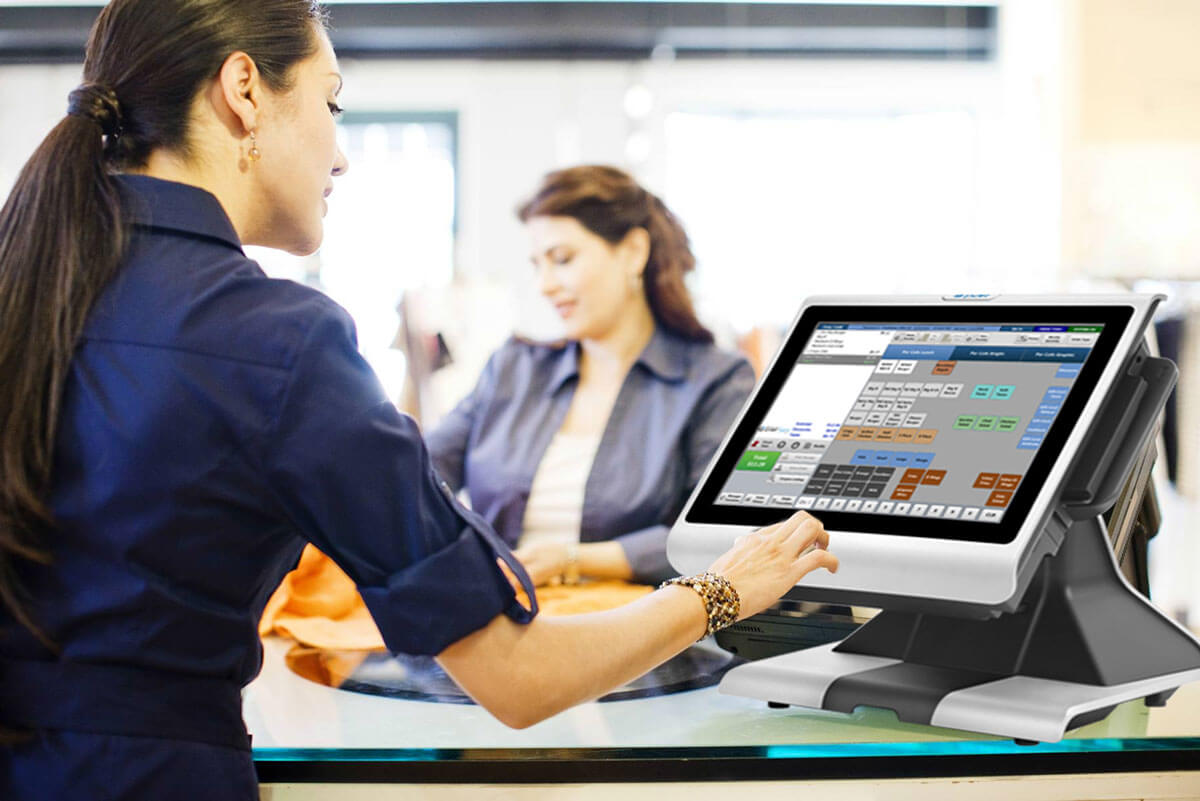POS Systems and Time Management: A Perfect Match

In today’s fast-moving business world, time is money. Whether you run a retail store, a restaurant, or a service-based company, managing time efficiently can make the difference between success and struggle. Long checkout lines, manual bookkeeping, and time-consuming inventory checks all eat away at your productivity. This is where Point of Sale (POS) systems come in—streamlining operations, reducing wasted time, and helping businesses focus on what matters most: serving customers and growing revenue.
Why Time Management Matters for Businesses
Efficient time management isn’t just about speed—it’s about optimizing processes so every second adds value. Wasted time translates into missed opportunities, dissatisfied customers, and increased labor costs. Traditional methods of handling sales and inventory require manual entries and constant monitoring, leaving staff bogged down with repetitive tasks. For businesses aiming to scale and remain competitive, this approach no longer works.
A POS system solves this challenge by automating critical tasks, reducing manual errors, and accelerating operations. Let’s explore how POS systems and time management make the perfect pair.
1. Faster Checkout Process
One of the most visible benefits of POS systems is how they speed up checkout. Traditional cash registers often involve multiple steps—calculating totals, applying discounts, and recording transactions manually. A POS system does all this instantly. With barcode scanning and integrated payment options, transactions are completed in seconds. For businesses during peak hours, this efficiency can mean the difference between keeping customers happy or losing them to long lines.
2. Real-Time Inventory Updates
Manual inventory management is time-consuming and prone to errors. Employees often spend hours checking stock levels, updating spreadsheets, and managing discrepancies. With a POS system, every sale automatically updates your inventory in real time. This feature eliminates manual counting for daily operations and significantly reduces the time needed for stock audits. Some advanced systems even send alerts for low stock, saving time on reordering and ensuring you never run out of essentials.
3. Integrated Reporting and Analytics
Compiling sales data manually can take hours—or even days. POS systems generate detailed reports in just a few clicks. Want to know your best-selling products, peak hours, or daily revenue? The data is available instantly. These automated reports save time and help you make smarter business decisions faster, without going through the hassle of spreadsheets and manual calculations.
4. Employee Management Made Simple
Managing employee shifts and tracking hours can be complex and time-consuming. Many POS systems include built-in time tracking and role-based access, making it easy to monitor work hours and manage payroll efficiently. This eliminates manual scheduling headaches and ensures transparency, freeing up time for managers to focus on core business activities.
5. Enhanced Customer Experience
Time savings aren’t just for the business—they matter to customers too. A quick and seamless checkout process creates a positive experience, encouraging repeat business. With features like digital receipts, loyalty programs, and integrated payment methods, POS systems reduce wait times and improve overall service speed, leading to higher customer satisfaction.
The Bottom Line
Time is the one resource businesses can never get back. Investing in a POS system is not just about adopting new technology—it’s about reclaiming time, boosting efficiency, and creating a smoother experience for both staff and customers. By automating everyday tasks and providing real-time insights, POS systems allow businesses to focus on growth instead of getting stuck in operational delays.
In short, POS systems and time management truly are a perfect match. If you’re still relying on outdated methods, now is the time to switch. Save time, serve better, and stay ahead.






